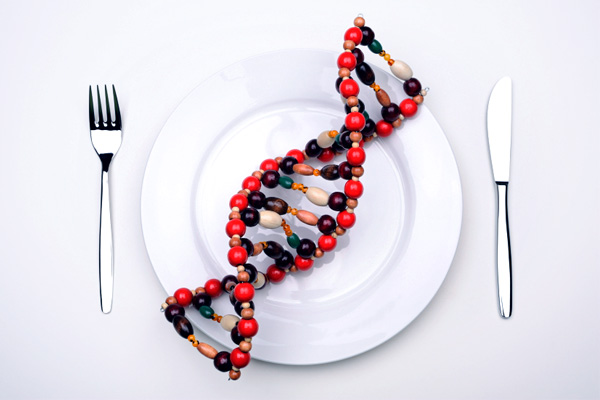The Future Of Genetic Testing
October 30, 2017
I have been reading and listening to a lot of information on Genetic Testing the past few months as I always want to make to stay up on new and innovative options and modalities that can help my patients have the best health outcomes. Genetic testing has undeniable value to pregnant and soon to be pregnant parents as it related to the birth defects and downs syndrome etc, however there is still a lot to learn about the value of testing to predict disease.
There was a great article that you might like to read in The Atlantic the other day called “The Uncertain Future of Genetic Testing.”
The Future of Genetic Testing
I have no doubt that genetic testing will increase our ability to more accurately predict the risk of disease and personalize the treatments we can offer our patients. There are already many examples of this, such as using BRCA gene status to identify patients at the highest risk for breast cancer, or using MTHFR and other genes related to methylation to create customized diet and supplementation regimens.
But those same examples I used above also highlight the risks inherent in using genetic information to guide our diagnosis and treatment. As The Atlantic article points out, “Genetic variants that cause disease are rare, but this does not mean that all rare variants cause disease.” There’s still a lot of uncertainty when it comes to understanding how to apply these tests in clinical practice, and that’s unlikely to change in the near future.
This can be frustrating for us as clinicians. At the same time, it’s a reminder that while
“genes load the gun, environment pulls the trigger.” In most cases, focusing on the basic diet, lifestyle, and behavior changes we talk about so often will yield far better results than going into granular detail on genetics.
It’s also a reminder that maintaining a “healthy skepticism” about new discoveries that promise to “revolutionize” medicine is wise. Maybe they will, maybe they won’t. In the meantime, there’s still so much we can do by simply focusing on the basics—the things that matter most.
The Basics Matter
The more I work with patients, the more convinced I am of this.
Having said that I’m always actively exploring how we can use advanced testing like genomics (and all of the other “omics”) to improve patient care. We still have a lot to learn. We can and always should start with the “basics.”. Diet, Stress, Exercise, Sleep, Emotional and Social.
Have a great week and I will be back in the office November 7th.
Dr Pia
